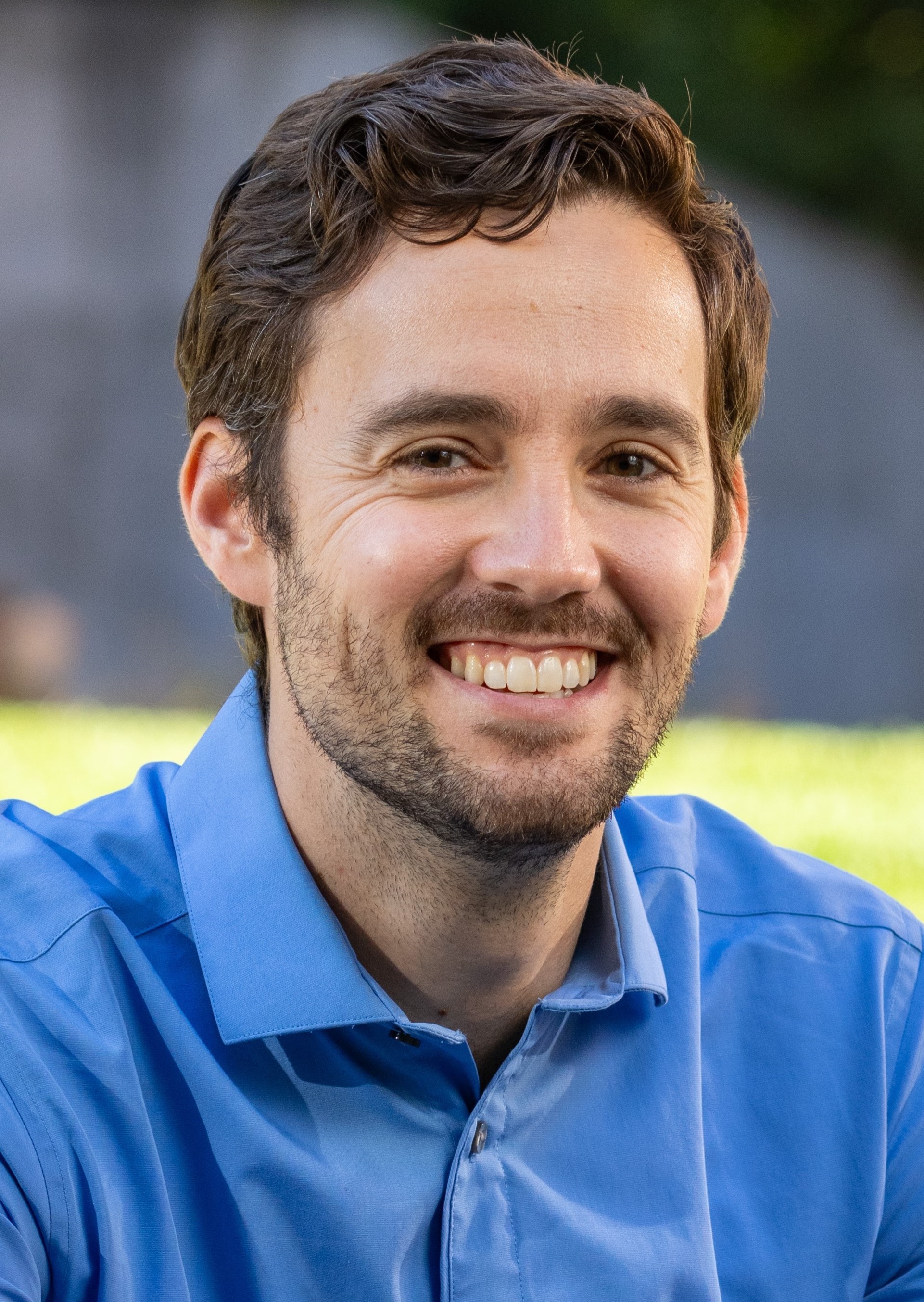Ryan T. Allen

Overview
I’m an Assistant Professor in the Management department at Brigham Young University.
I study how organizations use data and AI in innovation. My research projects fall under two broad research streams.
In one research stream, I study how organizations use data and experimentation to identify commercially successful innovations. For example, my recent paper, Methodological Pluralism and Innovation in Data-driven Organizations, explains when data-driven approaches can be misleading and when they can be helpful for innovation.
In another research stream, I study how AI impacts strategic decision-making. In one recently accepted paper, I’m studying how well AI performs in strategy simulations over time (punchline: improves, then declines). I have prior publications on how human domain experience impacts taking algorithmic advice, and on machine learning methods in research.
These current research interests build on my prior publications on innovation in global R&D and shifting category dynamics in emerging industries.
Before BYU, I got my PhD at Harvard and was faculty at the University of Washington for 2 years. Before that, I studied Economics at BYU, served a 2-year mission in Taiwan for The Church of Jesus Christ of Latter-day Saints, conducted economic research on environmental health issues, managed at a nonprofit, and did a stint as data analyst at Amazon. I have done consulting and executive coaching for companies in a variety of industries, including AI, technology, hospitality, management consulting, and consumer products.
I live in Mapleton, UT with my wife and 4 children.
Click the links under my picture to contact me, or to see my research and teaching experience.